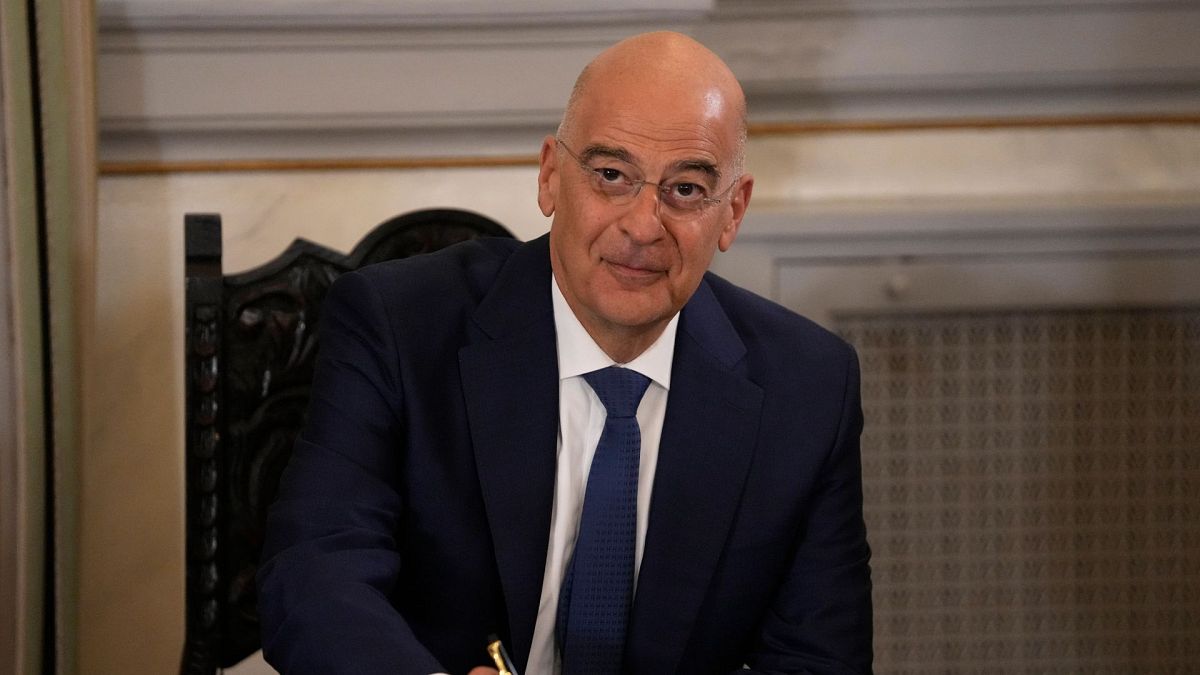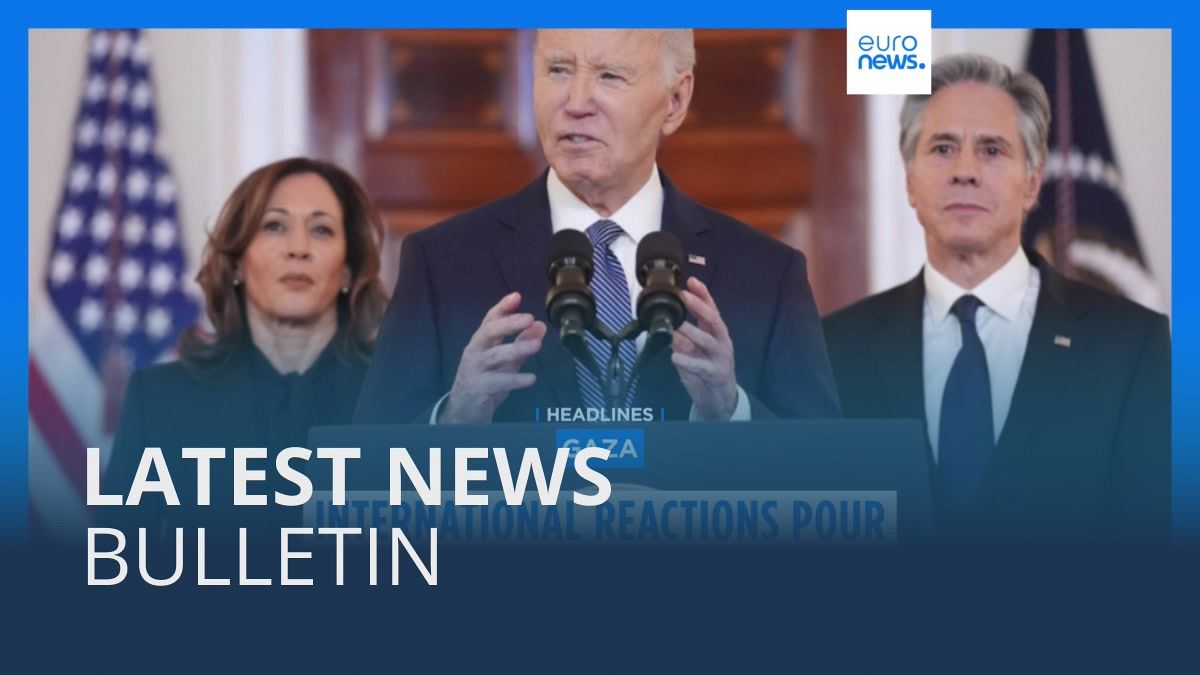Britain cranks up taxes by £40B and gambles on growth
Labour's Rachel Reeves signaled that the new British government plans record tax rises on the wealthy and on business.
LONDON — U.K. Prime Minister Keir Starmer has gone hard with his government’s first program of tax and spend as he places his faith in higher growth.
Wednesday’s budget, laid out by his finance chief Rachel Reeves, set out £40 billion in taxes — the highest tax take introduced by a British chancellor since comparable records began.
It was the first budget presented by Labour after being out of government for 14 years. It was also a first chance for the country to see how the party would actually deliver on its promise of “change.”
After vague election promises to restore growth and to prioritize “working families,” followed by a summer of speculation about the new government’s policy priorities, Reeves rolled out an agenda for a return to government from the center left that will please her party’s newly swelled ranks of MPs: higher taxes on businesses and higher borrowing, to sustain public services.
Yet the small print made for somewhat uncomfortable reading, with economic growth remaining stubbornly sluggish in the official forecast, accompanied by little in the way of giveaways for voters.
Reeves’s aim was — in her words — to “put the economy on a firm footing” with an eye on future growth, but that carries considerable risks in the meantime.
Theo Bertram, a former adviser to Labour’s last prime ministers, Tony Blair and Gordon Brown, said the budget contained “a lot of political pain” with “very little sweetener — it’s almost the opposite of retail politics.”
Feel the burn
Starmer and Reeves have long warned of pain to come in the budget, but on Wednesday they finally gave a clearer idea of where that falls.
By far the biggest revenue raiser will be an increase in taxes paid by employers, raising up to £25 billion a year. Taxes owed when selling shares and the air passenger duty on private jets will go up, while VAT will be added to private school fees from January 2025.
While these ram home Reeves’ message that Labour will “protect the payslips of working people,” it is not without various downsides.
Jill Reeves, a former senior Treasury civil servant now at the Institute for Government think tank, said the risk of relying on “a lot of second-order taxes,” as opposed to broader-based income tax, was that it could “mean revenue estimates will be quite uncertain.”
The overall headline on record tax rises is also hard to avoid, even though Labour figures such as economist and MP Torsten Bell argue this is partly due to tax hikes put in place under the previous government.

Harry Quilty-Pinner, director of left-of-center think tank the IPPR, said: “Ultimately, any party in the coming parliaments would have to be doing some of this,” because “we have to fund an older population with more complex needs and higher expectations from government.”
The difficult thing for Labour is that the tax rises are not matched by an equivalent uplift in public spending.
Reeves has targeted her firepower on the NHS, which will receive £22.6 billion for day-to-day spending, while overall public spending will rise by only 1.5 percent per year after 2025.
Ben Zaranko of the Institute for Fiscal Studies said that beyond the NHS, the government was only able to “hold most things flat,” and predicted that “it’s going to feel quite austere.”
The budget was equally short on good news when it came to GDP, with growth predicted to rise next year before falling in 2026 and 2027 and then holding steady, according to the independent Office for Budget Responsibility.
Treasury officials privately admitted they were disappointed by the figures, and Reeves will hope that the numbers change as capital spending — which she sought to boost with a change to borrowing rules — makes an impact further ahead.
A new MP, granted anonymity to speak candidly, said that fixing the “hideous growth trajectory left to us by the last government” was “the whole ball game.”
“Treasury brain“
The budget also revealed some long-awaited detail of the political choices being made by Starmer and Reeves.
Broadly speaking, taxes fell on businesses and higher earners, while the crowd-pleasers in the budget were designed to provide some solace to those on more modest incomes.
Reeves promised to end the freeze on income tax thresholds sooner than expected, maintained the freeze on fuel duty, and cut the duty on a pint of beer by a penny.
As she explained in remarks to her party after the speech, these measures aimed to “take the fight to the Tories” because “if they disagree with our taxes on the wealthiest or on business, they will not be able to protect the incomes of working people.”
While Labour MPs remain overwhelmingly united behind the chancellor, some grumbles nonetheless began to circulate in Westminster at what they saw as a lack of insight into how certain measures would go down with voters — a blind spot sometimes referred to as “Treasury brain.”

One MP in a northern seat said an increase in bus fares was “already going down like a cup of cold sick” in their constituency, while another long-serving MP worried about the absence of any policies aimed directly at tackling poverty.
More broadly, the budget suggested just how hard the road ahead is for Starmer and Reeves. With no quick fixes and few goodies, they will now hope voters can trust in better times to come.
Glen O’Hara, professor of politics at Oxford Brookes University, said this budget was “an even bigger challenge” than the first Blair and Brown budget because “they hadn’t had this early unpopularity,” and because “public services are, if anything, in a worse state.”
Reeves and Starmer have already tested public goodwill with a series of missteps made soon after entering government — notably the unpopular withdrawal of a universal cold-weather payment for pensioners — and have seen their poll ratings plummet.
Ed Balls, a Treasury minister in the last Labour government, spelled out on his Political Currency podcast that Reeves’ big move is a one-time deal.
“If it falters, and people feel squeezed and the tax revenues don’t come in, she’s not going to be coming back for a second time in this parliament with ‘Rachel Reeves massive tax rise 2,’” he said.
Stefan Boscia, Sam Blewett and Andrew McDonald contributed reporting.
What's Your Reaction?



















































